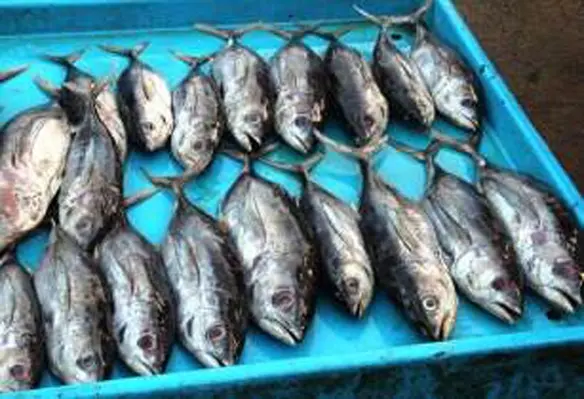Indonesia has launched a programme to develop harvest strategies for its tropical tuna fisheries in archipelagic waters to ensure that the resources are managed sustainably and used optimally
The aim of the harvest strategy is to maintain commercial tuna stocks at sustainable levels, while maximising the economic returns to country. Under the leadership of Indonesia’s Ministry of Marine Affairs and Fisheries (MMAF), the harvest strategy will also create a more reliable and predictable operating environment for the fishing industry, enabling greater certainty and confidence in investment opportunities.
Indonesia is the world’s largest archipelagic nation, contributing more than 15 per cent of global tuna production. Positioned at the intersection of the Pacific Ocean and Indian Ocean, and a member of both the Western and Central Pacific Fisheries Commission (WCPFC) and Indian Ocean Tuna Commission (IOTC), Indonesia’s visionary steps are poised to have far reaching implications, according to industry sources.
The International Pole & Line Foundation, Asosiasi Perikanan Pole & Line dan Handline Indonesia (AP2HI), Masyarakat dan Perikanan Indonesia (MDPI) and the Sustainable Fisheries Partnership (SFP) are the main NGOs supporting the government of Indonesia in this work.
Last month, these partners assisted Indonesian ministry to obtain inputs and feedback from stakeholders across all sectors, including national and regional governments, industry and scientific experts.
Saut Tampubolon, deputy director of Fishery Resource Management at MMAF, said, “Indonesia is rich in natural resources, but our experience across other sectors has shown that, without effective management, the full benefit of these resources may be lost to Indonesian society.
“As an archipelagic nation, our future depends on us developing harvest strategies to manage our fishery resources effectively.”
Indonesia’s tuna harvest strategy will strengthen a National Plan of Action for the Management of Tuna, Skipjack and Neritic Tuna, and ensure that these valuable natural resources continue to contribute to achieving Indonesia’s strategic objectives.
Indonesia’s highly selective one-by-one tuna fisheries, including pole-and-line and handline fisheries, provide a valuable product that is much sought by the international market. At the same time these fisheries are an important source of employment in coastal communities.
Therefore, the tuna harvest strategy must consider the role of these fisheries for employment, food security and export markets, and ensure that Indonesian fishermen are not marginalised by the expansion of large-scale industrial fishing fleets.
By establishing a harvest strategy, MMAF aims to not only strengthen its relationship with tRFMOs, but also assist Indonesian fishers to reduce operational costs and become more competitive in the international market. Through management actions that will ensure stocks remain well above critical thresholds, fishery managers can ensure that economic benefits are maximised.




